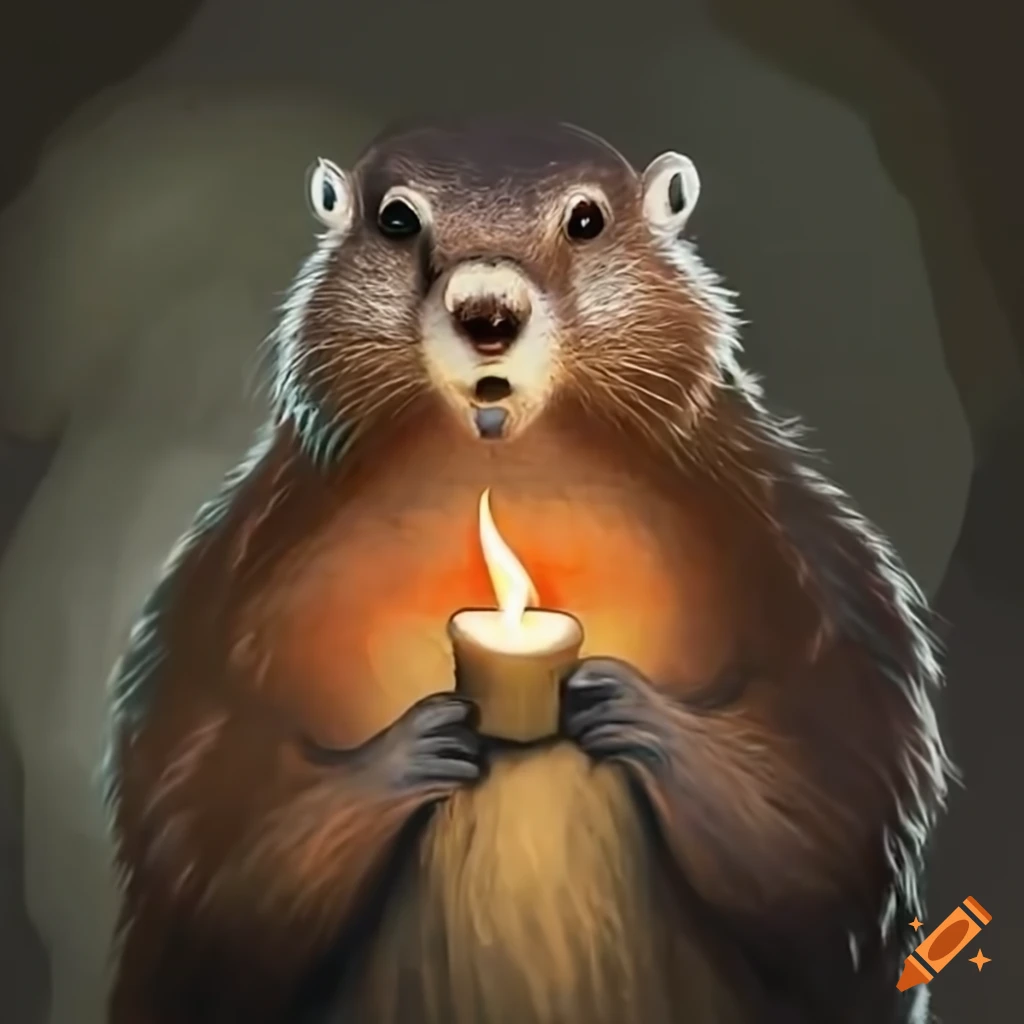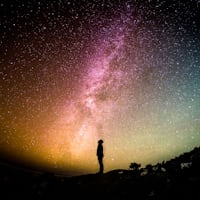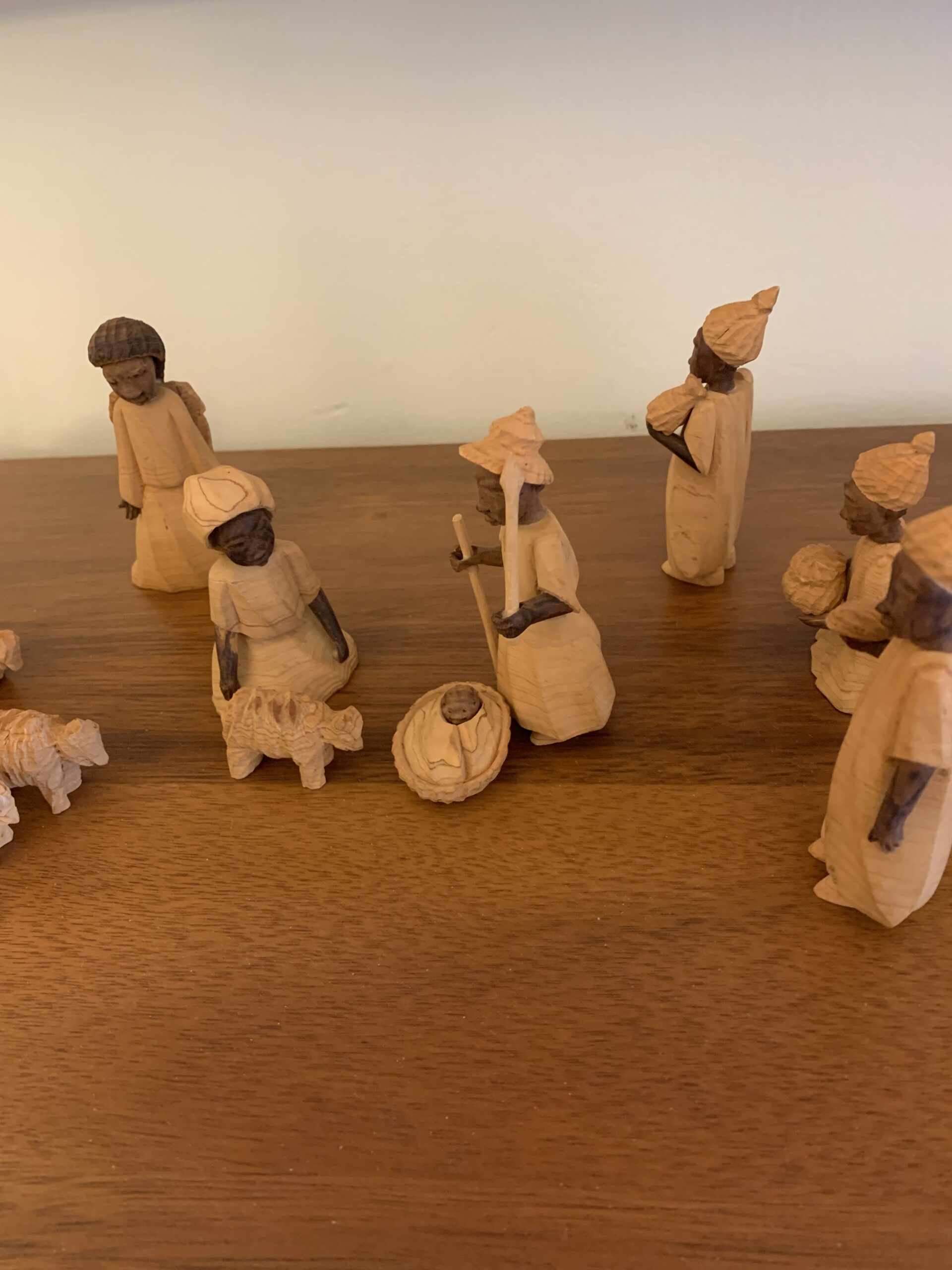Do we have to be superior, or is awe enough?


“Pillars of Creation” from the James Webb Telescope.
One of the world’s oldest books tells the story of an old man, even older than me, standing outside his tent, looking at the stars, and wondering if his life amounted to anything. The man was wealthy, but he and his wife had no children — a big deal in his culture. According to the story, the Creator of the stars spoke to him and promised that someday his descendants would be as numerous as those stars.
I’ve just finished reading a book that makes me look up at the stars like that old man and wonder if someday my descendants will walk among them.
One of my book groups consists of three Christian clergy and five Jewish rabbis. Our most recent book was Orbital by Samantha Harvey. I am grateful we chose it because I probably would not have read it, even though it won last year’s Booker Prize.
There’s no romance, no action, no mystery, no magic, and no plot. It’s mostly the inner thoughts and a smattering of conversation among six people in the International Space Station orbiting the Earth sixteen times over one day. It includes pages and pages of descriptions of the world from two hundred and fifty miles up.
Inner thoughts. Philosophical musings. Pages describing the view. I’m sure you will run out and buy it right after you clean the grout in your bathroom.
But, wow! What a book!
It put me in the exact position of that old man, call him Abe, who wondered about the meaning of life as he looked up at the stars.
Abe’s story has resonated with untold numbers of people who have also looked up at the stars and wondered if Someone Else created all that or, if we can’t believe that, if anyone else is out there, or are we the orphans of the universe?
Three of the world’s great religions look to Abe — or Abraham —as an exemplar of what they mean by faith: believing that life has a purpose within a much larger context.
When I ask if our souls are big enough for the Space Age, I also ask if our religious traditions—especially the ones that remember Abraham—are big enough.
The Abrahamic tradition I am most familiar with, Christianity, is still having a hard time with Copernicus and Galileo. As you know, the folks who wrote the Bible and those who read it for the first 1600 years after it was compiled had the impression that the sun and stars revolved around the Earth. This was a universe that revolved around you and me. We found a lot of meaning in being at the center.
Copernicus and Galileo showed us that Earth revolves around the sun. The James Webb telescope confirms what our astrophysicists theorized: This universe has no center. As Samantha Howard beautifully puts it, we are part of a grand waltz, revolving with our partners through an ever-expanding cosmos.
This waltz fills me with awe. One of my teachers, a seminary president, liked to say that since everything from the atom to galaxies is held together by forces like magnetism and gravity — powers of mutual attraction — the universe is held together by Love.
It is a universe in which everyone and everything are included and necessary. Nothing and no one is more important than anyone or anything else.
This translates into human relationships. In Howard’s novel, the crew comprises astronauts from the U.S., Japan, Italy, the UK, and two cosmonauts from Russia. Harvey describes them as a body:
“Anton, the spaceship’s heart. Pietro, its mind, Roman (the current commander), dextrous and capable, able to fix anything, control the robotic arm with millimetre precision, wire the most complex circuit board, its hands, Shaun its soul (Shaun there to convince them all that they have souls), Chie (methodical, fair, wise, not-quite definable or pin-downable) its conscience, Nell (with her eight-litre diving lungs) its breath.”
In other words, an anti-DEI nightmare.
This threatens the loudest voices in my tradition these days, who are committed to a hierarchical universe that demands hierarchical government and families:





They believe the superior exercises power over the inferior in a well-ordered nation and family, like those illustrated above.
Their zeal, like that of the Inquisitors who told Galileo to deny what he had seen through his telescope, is driven by fear. And it is not an irrational fear.
In Orbital, a ham radio operator in Australia chats with one of the Russian cosmonauts for a few minutes before the ISS disappears over the horizon. The cosmonaut asks if she has any questions.
She says, “Do you ever feel crestfallen?”
The Russian says he doesn’t understand the English idiom.
She explains that she was once brushing her teeth on a long-distance flight. She looked out the window from 30,000 feet and wondered, “What is the point? What is the point of my teeth? What is the point of my life?”
Maybe that’s how Abe felt that night as he looked up at the stars, crestfallen. What’s the point of my life?
Harry Emerson Fosdick once said, Everyone has faith except for the person about to throw himself off a bridge. That person is truly crestfallen.
Faith is our belief that our life matters. It is what keeps us putting one foot in front of the other.
One of a religious tradition’s most important jobs — maybe the only real job — is to help us “keep the faith.”
To the crestfallen in the Middle Ages, Christianity could point to the “fact” that this world and our lives are the center of the Universe and thus of God’s attention.
Galileo’s discovery that the planets were not “wandering stars” but other worlds revolving around the sun instead of us raised the question, “What’s the point?”
Today, if you are a White heterosexual cis-gendered man who believes you are the image of God and that your worth is based on the “fact” that your image is superior to a woman’s, to someone who isn’t white, and especially to someone who isn’t heterosexual and cis-gendered, you are threatened by a universe without a center, where a single atom is as essential as a galaxy.
The alternative is to look at the stars like Abraham and feel awe. Martin Buber says that what Abe experienced that night caused him to cry, “Yah!” He expressed astonishment when he encountered a “Thou” beyond his understanding. This encounter soothed and relieved his crestfallenness with the revelation that there is a larger plan, and Abe was part of it.
So are you and I, and the terrified White Christian Nationalist, the Black transwoman, Betelgeuse, the baby sparrow falling from its nest, and the flower of the field. We are all part of the Great Waltz.













